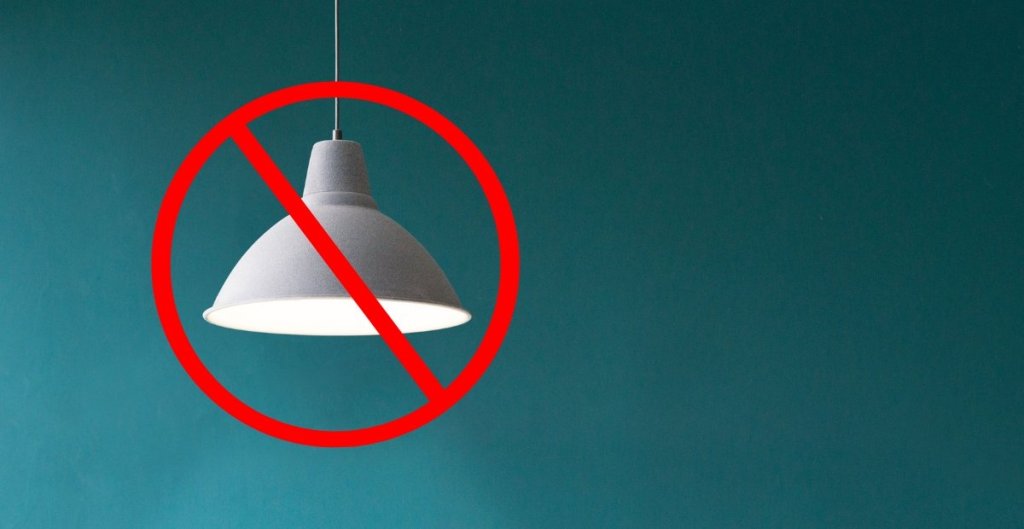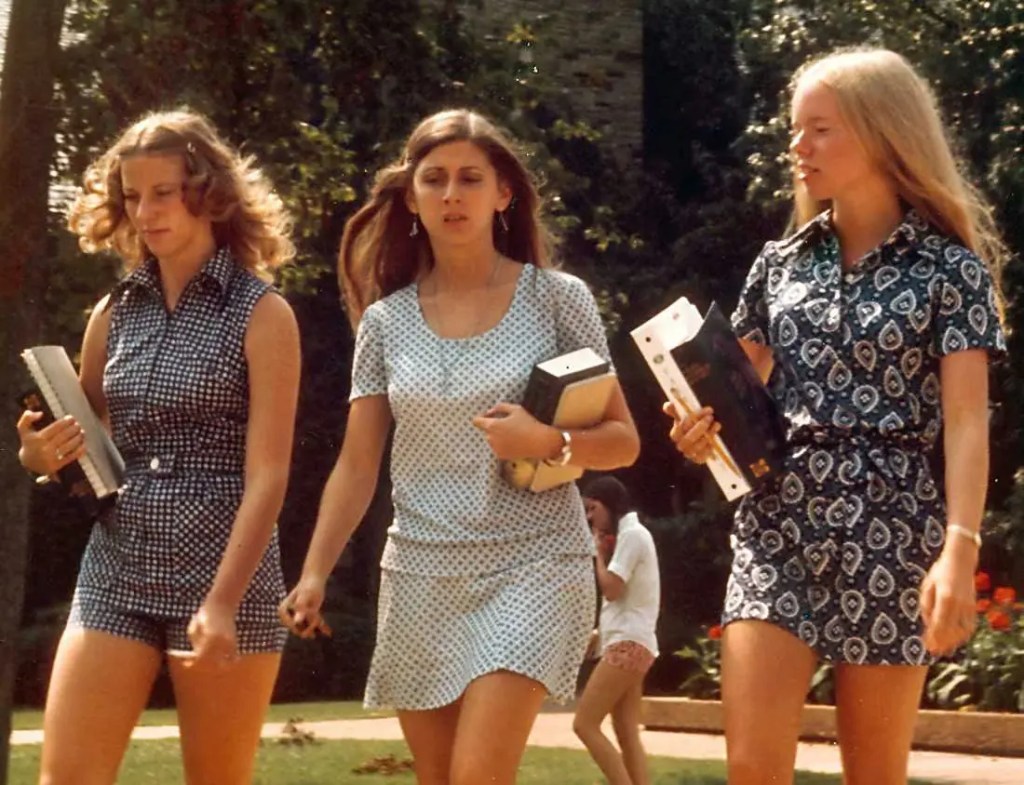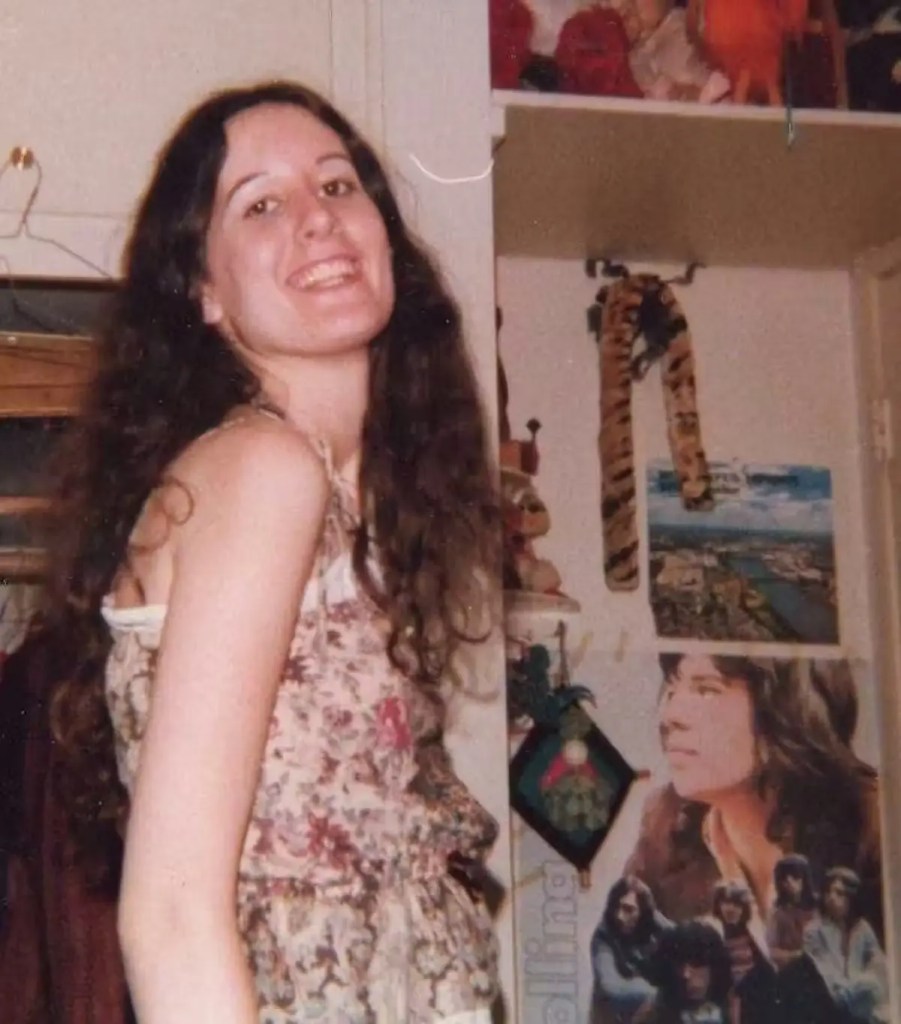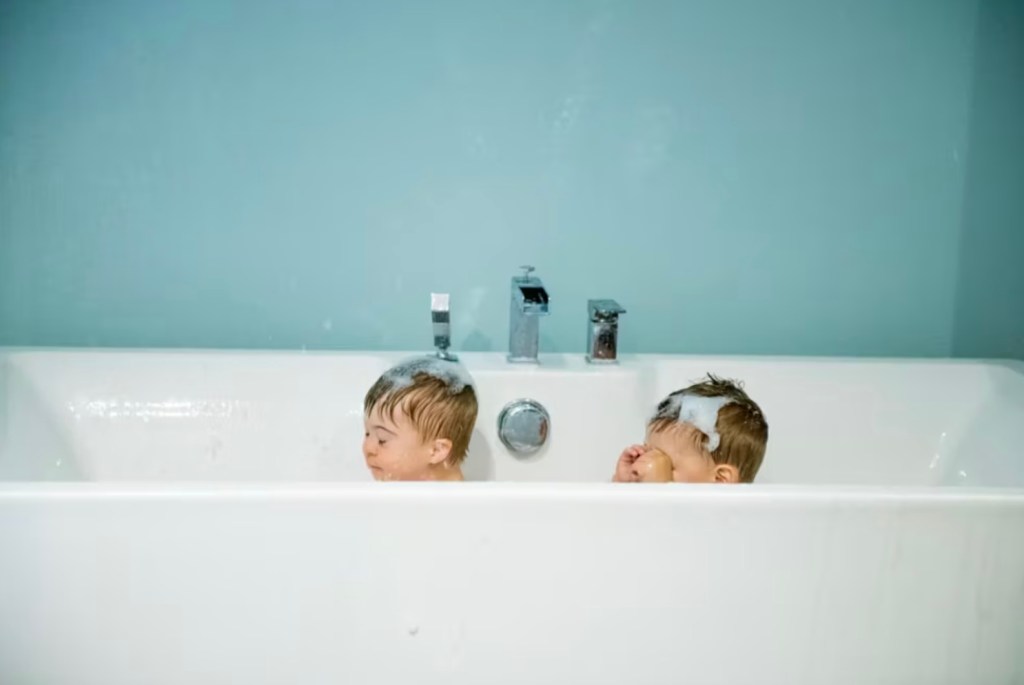My family has an ongoing debate about a specific lamp in our house. We have five lamps in our living room, but one of them only gets used half as often as the others because half of the family hates the light that lamp gives off and half of us are bothered by the lack of light in that corner of the room when it’s off. Lamp on, lamp off. Lamp on, lamp off. Every night.
But there’s one thing we all agree on: We never EVER turn on “the big light.”
The big light is the overhead light in the center of the ceiling. If anyone ever turns on the big light, everyone else says, “Ewww! Turn it off!” It immediately evokes a visceral disgust in all of us, which is why we are tolerant of one another’s feelings about the lamp-in-dispute. We may not agree on that particular lamp’s effect, but we all fundamentally understand that lighting matters.
Apparently, we’re not the only ones.
TikTok designers Josh and Matt shared a video explaining why the big light needs to be banned, and it’s racked up a whopping 35 million views and 7.5 million likes.
“We all have big light friends who need to hear this,” reads the caption. I have never felt so seen. Watch:
But what’s interesting is that in the comments, people’s opinions on the big light are split. Some of my fellow #TeamLamp members shared how the big light makes them feel:
“I’m physically allergic to the big light ESPECIALLY at night.”
“The big bright light gives me anxiety istg.”
“Literally me at all times I cannot stand the big light anywhere it overwhelms and irritates me @?.”
“I am the worst version of myself when the big light is on.”
“The big light is for when i’m cleaning my room and that’s it.”
“Big light it’s only for cleaning or looking for something important.”
“The big light feels like when they turn on the lights in the club and you’re just embarrassingly forced to go home.”
But some people are totally #TeamBigLight, eschewing the soft, ambient lighting that #TeamLamp lives for:
“Using low ambient lighting makes my brain feel like idk muddy or something, I hate it.”
“I feel like I can’t see…like I can’t wear sunglasses because if my vision is distorted in any way I get so anxious.”
“I love and exclusively use the big light. I wanna seeeee not have a bunch of different headache points ???.”
“I need the big light on when I’m cooking or I simply cannot cook.”
“As someone who grew up with dim warm lights & dark New England winters, I like the big white lights. Makes me feel like I can actually see for once ?.”
“Sometimes ambient lighting actually triggers my anxiety (no clue why lol) so big light just gets a warm bulb for me. I like seeing stuff clearly.”
So the big light makes some people anxious and not using the big light makes other people anxious. Huh.
That last commenter hit on something that others mentioned also. Overhead lighting is often cool (bluish-hued) lighting while lamps are warm (yellowish-hued) lighting, but you can buy warmer light bulbs to put into overhead lights to make them less harsh and hospitally. That doesn’t fix all of the big light issues, but does help reduce the “this lighting makes me feel stabby” effect.
So what does science say about all of this? Surely if people feel this strongly about something, there’s a solid reason behind it, right?
Environmental psychologist Sally Augustin, PhD, writes that lighting does impact how we feel and how we function. Warm lighting is conducive to creative work and socializing, whereas cool lighting can help us concentrate and be more productive. “Do your taxes in cool light, write poetry and hang out with friends in warmer light,” she says.
However, she also adds that putting cooler lights in overhead fixtures and warm lights in lamps mimicks how light works in nature. “Warmer light generally is found lower in the natural world, at the horizon during sunrise and sunset, for example, while the sun overhead at noon is cool light,” she writes.
That may be true, but for those of us who can’t stand the big light, there’s nothing about it that feels natural. And there’s no question that it’s unflattering. That’s even true in nature—ask any photographer if they want to take someone’s portrait outside at noon and they’ll laugh in your face.
This debate does make one wonder if #TeamLamp tends to be more creative and laid back by nature and #TeamBigLight tends to be more focused and productive, and that’s why some prefer one kind of light over the other. Or maybe it really is just about being able to see clearly or not.
At any rate, people clearly have strong feelings about this. Isn’t that fascinating? Are there any unicorns out there who don’t give any thought to lighting at all? (If so, how do you live like that?!?)

























